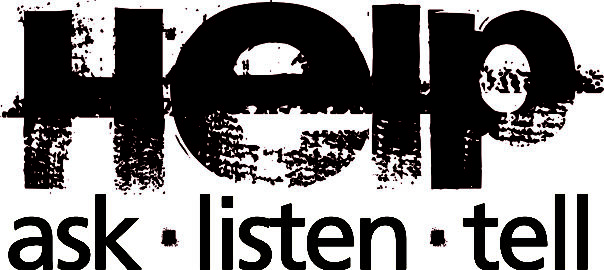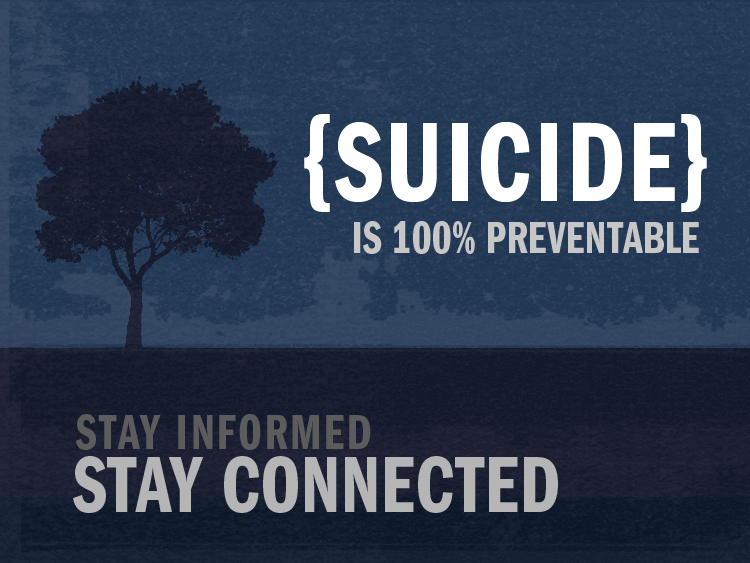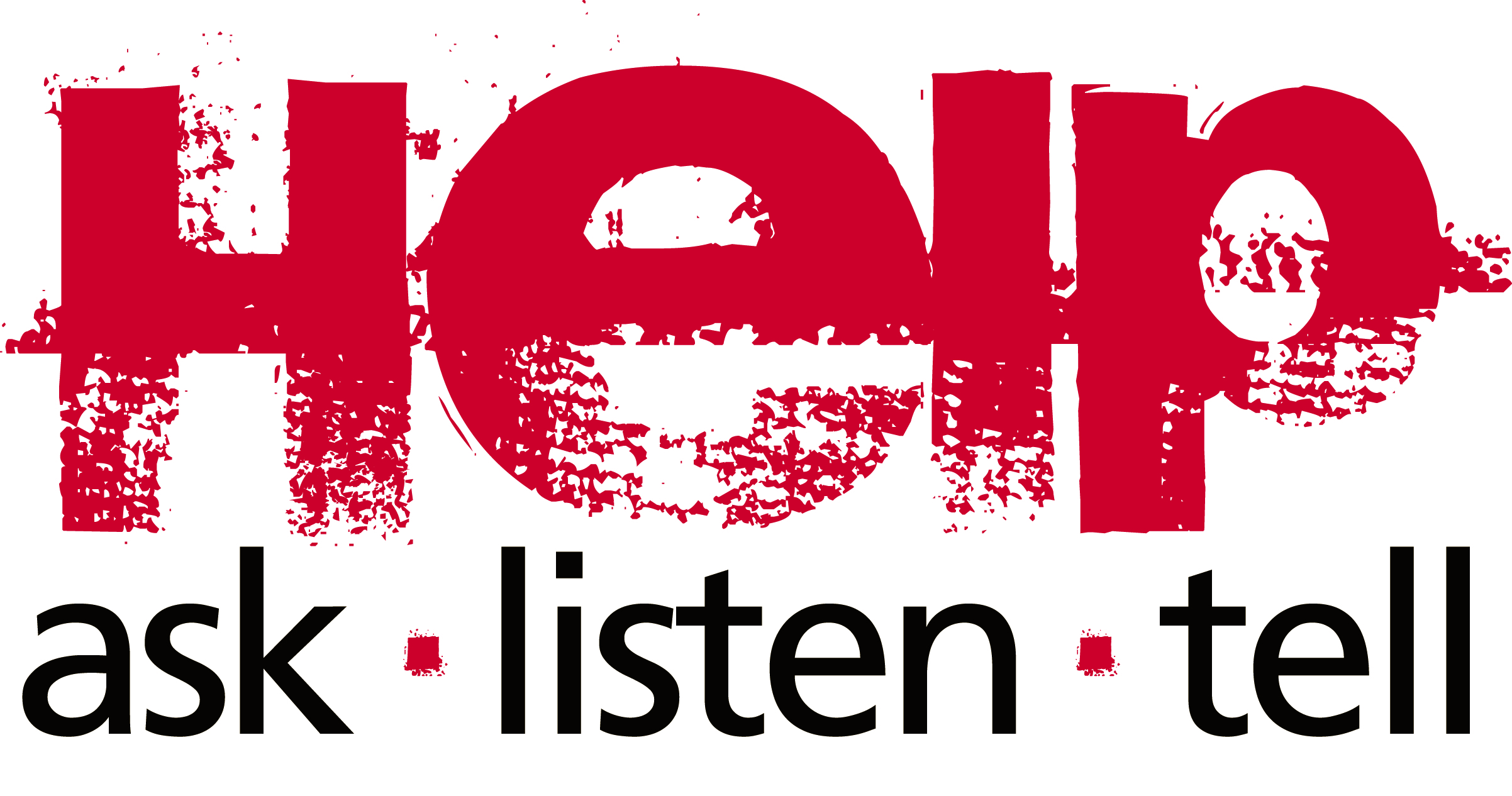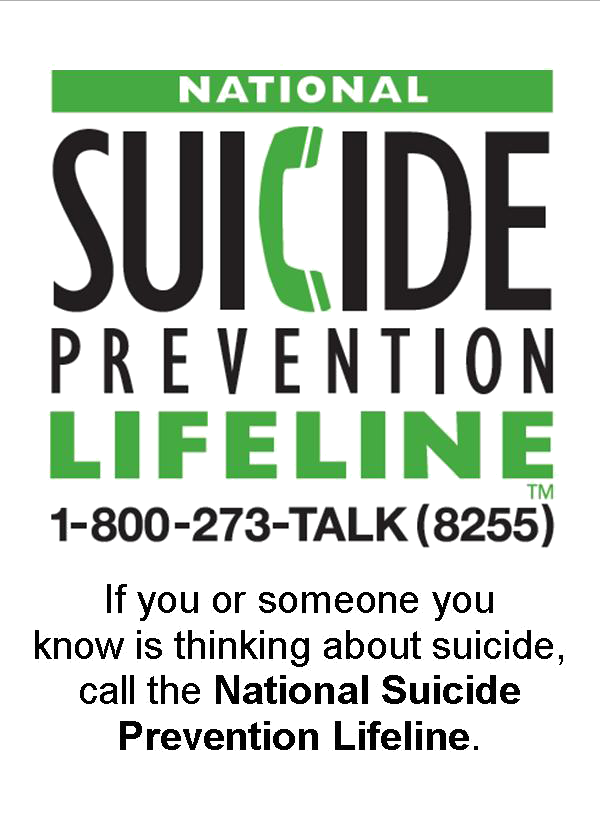
This is the third post in a series on depression and suicide. In our first post, we focused on the magnitude of clinical depression and suicide. In the second post, we provided tools for depression self-awareness. In this post we provide tips for you to address depression and an inclination toward suicide. Remember that 844-SMA-TALK and www.sterlingmedicaladvice.com provides crisis mental health services for those in need.
As a physician, I’m not willing to advise you on how to ‘care’ for yourself at home if you’re clinically depressed. I can discuss how to avoid depression (to the extent possible) and what warning signs should prompt emergent access to care. If you’re good at accomplishing the items listed below, you have less of a chance of being unhappy and clinically depressed.
- Avoid alcohol and other mood-altering drugs.
- Eat healthily.
- Exercise regularly.
- Get enough sleep.
- Remove yourself from negativity, including your choices in friends, mates and work environments.
- Surround yourself with positivity, including your choices in friends, mates and work environments (Please note this is a different consideration than the previous bullet point.).
- Learn how to relax and where to go to relax (These considerations include such things as yoga, meditation and your religion/spirituality, not the business end of a bottle or drug use.).
Look out for these potential warning signs for suicide: Remember that approximately 30% of suicides are preceded by the individual declaring intent. Be alert for the following additional considerations:
- Increasing levels of depression, withdrawal, reckless behavior, alcohol and other drug use, and/or desperation.
- Notice activity that could be a prelude to a suicide attempt, such as obtaining knives, firearms or large quantities of medication.
- Changing one’s will and settling one’s life affairs in the midst of depression
- Ongoing comments about lack of worth and desire to end it all.
The following considerations should prompt an immediate visit to an emergency room or other treatment facility.
- You have a compelling, overwhelming feeling that you want to hurt yourself, with or without an actual plan.
- You have a compelling, overwhelming feeling that you want to hurt someone else, with or without an actual plan.
- You hear voices or see things or people who are not there.
- You find yourself crying often and uncontrollably for no apparent cause.
- Your depression has affected your activities of daily living (work, school, consistent forms of recreation or family life) for longer than 2 weeks.
- You think your current medications are affecting you abnormally and are possibly contributing to making you feel depressed.
- You have been told or believe that you should cut back on drinking or other drug use.
I wish you and your loved ones all the best in avoiding and/or dealing with this disastrous condition. I welcome any comments, thoughts or questions.
Thanks for liking and following Straight, No Chaser! This public service provides a sample of what 844-SMA-TALK and http://www.SterlingMedicalAdvice.com (SMA) offers. Please share our page with your friends on WordPress, Facebook @ SterlingMedicalAdvice.com and Twitter at @asksterlingmd.
Copyright © 2014 · Sterling Initiatives, LLC · Powered by WordPress.




